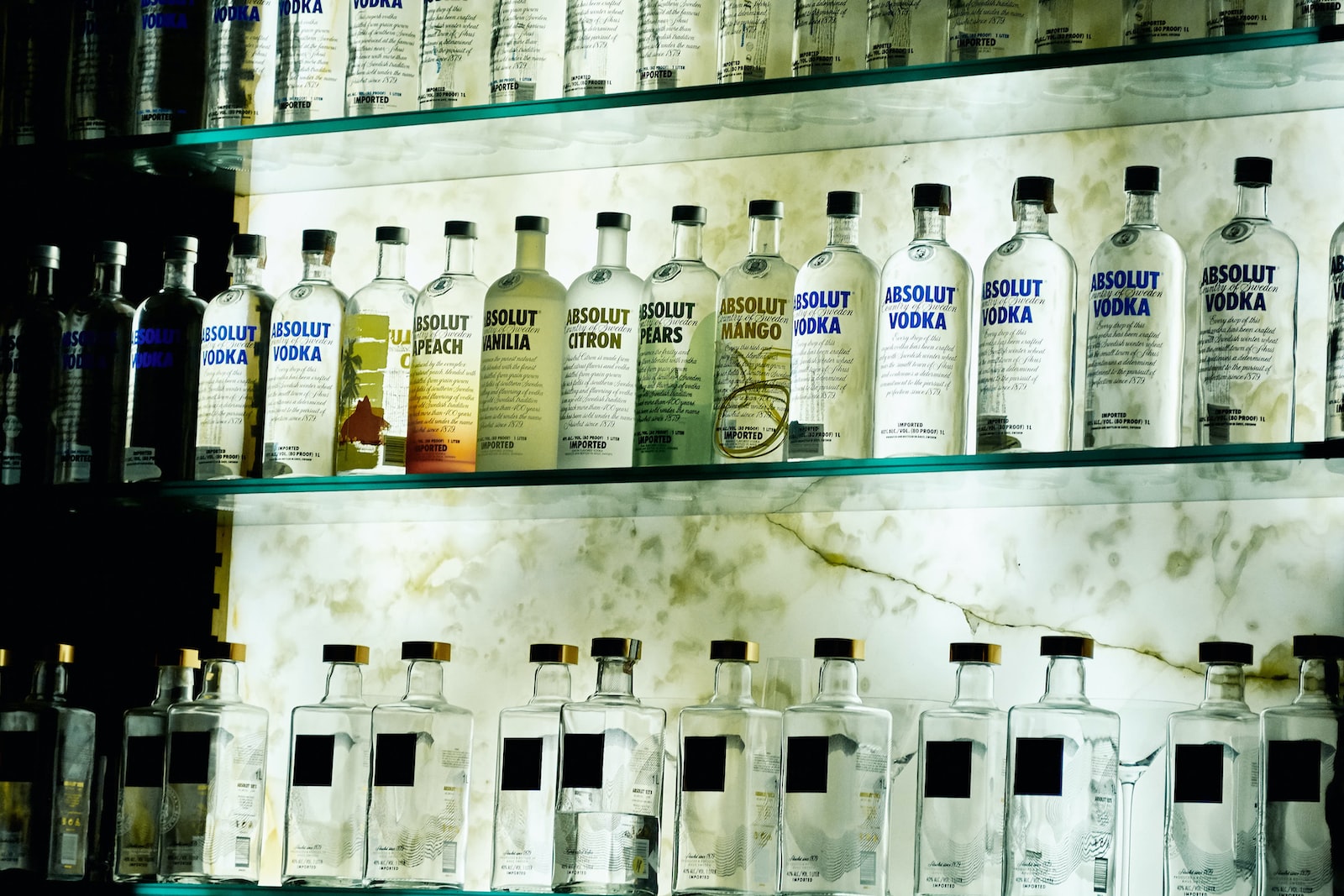Swapping shots for better sleeping patterns: Dry January has begun
For many, January marks internal goals of achieving better fitness and setting spending budgets, but for others it signifies breaking their relationships with booze.
Met with an eye roll, we’ve all vowed to ‘never drink again’ after a pretty heavy night, however, launched by Alcohol Change UK, Dry January could be what you need to help you ditch hangovers for the next 31 days and improve your overall quality of life.
Created in 2013, experts from the organisation have collected results from people who chose to partake in the event and discovered 70% of people reported sleeping better and 66% having more energy. Additionally, 86% of people said stopping drinking helped them to save money.
During the current cost-of-living pressures the price of alcohol has risen by 27.5% since 2015 according to research by Statista, a leading provider of market and consumer data.
Research conducted by the Royal Free Hospital in 2018 also found a month off alcohol helps to lower people’s blood pressure, reduces the risk of diabetes, and reduces levels of cancer-related proteins that can occur in the blood.
However, organisers of Dry January have warned that people who have become dependent on alcohol should slowly try to wean themselves off the substance rather than quit cold turkey.
Although a report produced by the Public Accounts Committee in Northern Ireland suggests more people are dealing with alcohol dependency for the first time in the last decade.
Published in January 2022, the document highlights in Northern Ireland, drug and alcohol abuse were labelled as ‘significant and likely to get worse’. In 2021 there were 351 deaths that resulted from alcohol and drug misuse – an average of almost one per day.
Against this backdrop, last year the Office for National Statistics reported a record number of people died from drinking too much due to an increased amount of alcohol being consumed over the pandemic.
ONS findings show there were 9,641 deaths in the UK in 2021, compared to 7,565 in 2019. Alcohol specific deaths were also found to be highest in Scotland and lowest in England.
Mal Byrne from Extern, a charity that works with people dealing with drug and alcohol issues, said anyone wishing to take control of their problematic alcohol addiction, like reducing their intake, should seek a medical professionals opinion.
Mr Byrne said: ‘Dependence on alcohol can be both physical and psychological and unlike withdrawal symptoms with other substances, alcohol withdrawal can cause significant physical ill health.’
Photo by Carlos Irineu da Costa

















